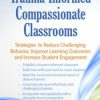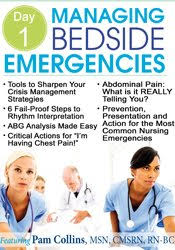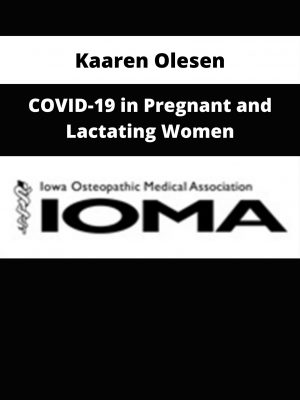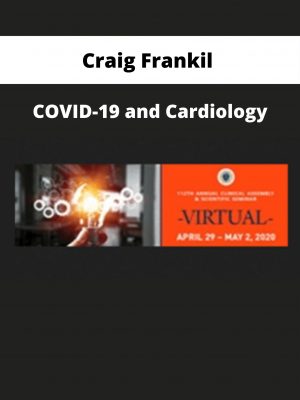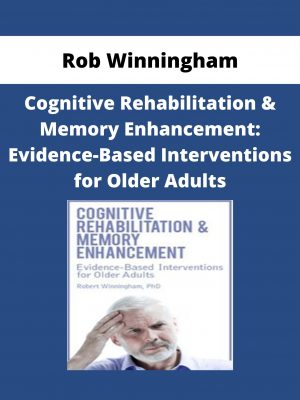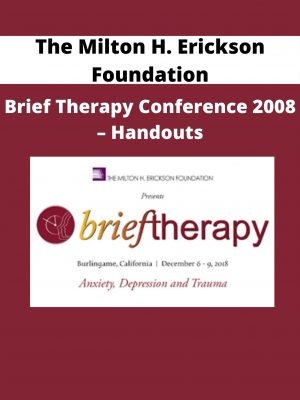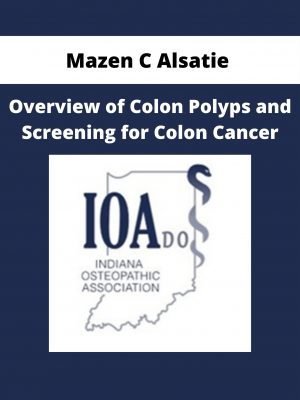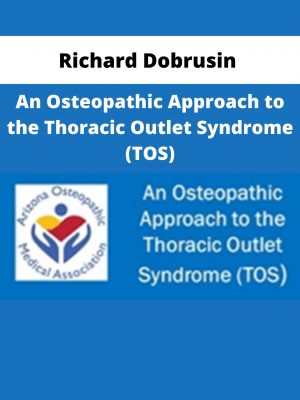-
×
 RSD Double Pack (2 Products – Valentine University + Rapid Persuasion) RSDTodd & RSDBrad + rare RSDTyler bonuses
1 × $103
RSD Double Pack (2 Products – Valentine University + Rapid Persuasion) RSDTodd & RSDBrad + rare RSDTyler bonuses
1 × $103 -
×
 Ron Legrand – Paper Power
1 × $136
Ron Legrand – Paper Power
1 × $136 -
×
Harvey Mackay – Harvey Mackay University 1 × $87
-
×
Tracey Meagher – Vydeo Presenters vol. 1 1 × $25
-
×
Janina Fisher – Putting the Pieces Together: Trauma and Dissociation 1 × $12
-
×
Jane Yakel – Cognition & Communication & Critical Thinking 1 × $76
-
×
IC07 Fundamentals of Hypnosis 04 – Utilization – Lilian Borges Zeig, MA, LPC 1 × $10
-
×
Cyndi Zarbano – Must Know Cardiac and Respiratory Lab Tests 1 × $12
Subtotal: $461

 Harvey Mackay – Harvey Mackay University
Harvey Mackay – Harvey Mackay University  Tracey Meagher – Vydeo Presenters vol. 1
Tracey Meagher – Vydeo Presenters vol. 1  Janina Fisher – Putting the Pieces Together: Trauma and Dissociation
Janina Fisher – Putting the Pieces Together: Trauma and Dissociation 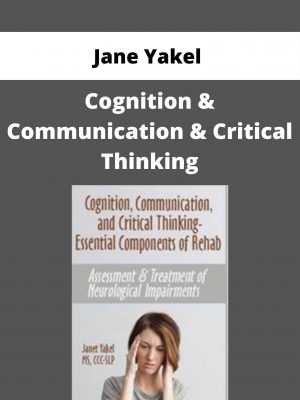 Jane Yakel – Cognition & Communication & Critical Thinking
Jane Yakel – Cognition & Communication & Critical Thinking 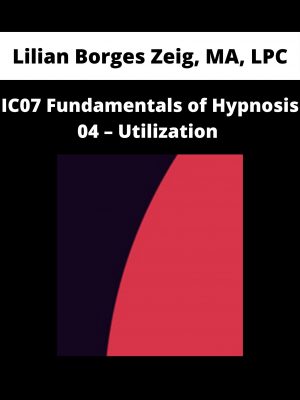 IC07 Fundamentals of Hypnosis 04 – Utilization – Lilian Borges Zeig, MA, LPC
IC07 Fundamentals of Hypnosis 04 – Utilization – Lilian Borges Zeig, MA, LPC 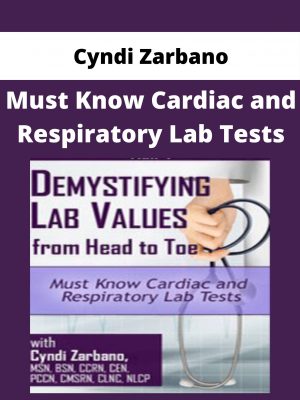 Cyndi Zarbano – Must Know Cardiac and Respiratory Lab Tests
Cyndi Zarbano – Must Know Cardiac and Respiratory Lab Tests 
